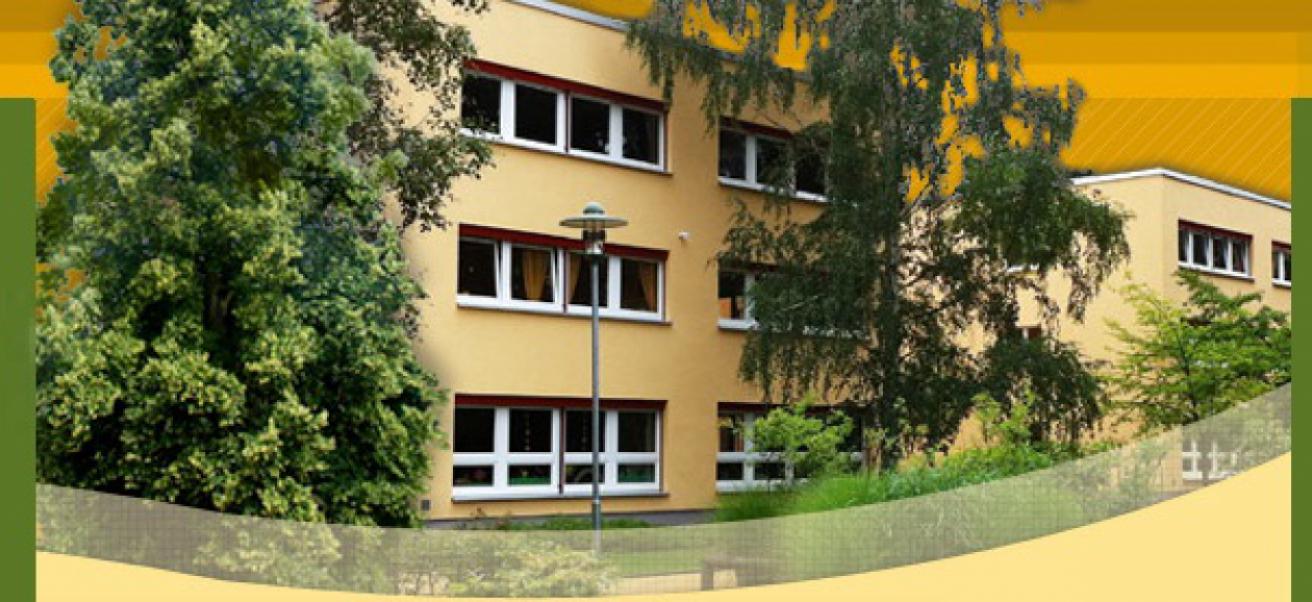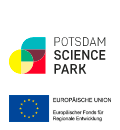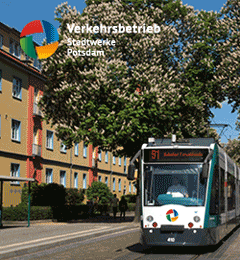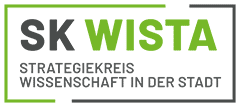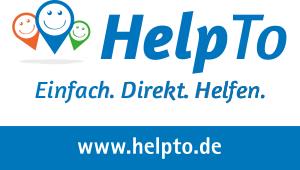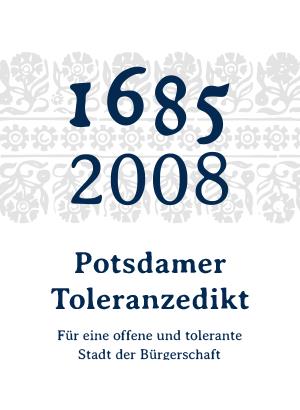Froebel School
School with special educational focus on emotional and social development
Headmaster: Dirk Heidepriem
In our school, pupils with behavioral disorders are learning who can not be supported sufficiently under the conditions of the primary school. Due to frequent concentration incapabilities, failure at school occurs with a demotivating effect.
Pupils with an abnormal behavior are so restless in the classroom and are barely able to work under pressure, they disrupt the teaching process. Many conflicts with teachers or other children lead to distracted social relationships. By isolation of the children group, feelings of inferior were made, result is a further reduction of the motivation. A developing threat, which threatens a successful education of the primary school. The behavior problems have a wide spread. Some children become aggressive and quick to anger, others isolate themselves completely. A loop starts, the pupils can not leave it by themselves. Interventions by the school have to be deployed to fulfil the demands of the individual children needs.
School Profile
The instruction follows the guidelines of the Primary School Education Basic Plan.
The “Froebel School” is a transit-school. The admission into the school is on the basis of the support committee proceedings.
The average class size is 6-12 pupils.
Pupils who attend our school, have an average intelligence. Lack of concentration, constant anxiety and/or social interaction problems threatens their development in primary schools. The goal is to consolidate them so far that the return in a regular school is made possible. Admission as well as return meets the conditions of the child and the primary school. Valid applicants are the parents and the schools.
The diagnosis is made in the familiar environment of the primary school. If urgent action is needed, the review may be done in exceptional cases in the special support school itself.
The "Froebel School" works on three levels. In a system of special education measures, a part of the pupils is looked after without having to be removed from the environment of the primary school. By cooperation and consultation the conditions should be changed, so that, if staying in the primary school, best support takes place.
Possible cooperation partners such as the youth office, school psychologists, medical facilities and others may be involved in coordination with the parents. Special education teachers of the support school are consulting primary schools.
If the peculiarities of the child and/or the conditions of the primary school can not let remain the pupil in the school, the teaching takes place in the special support school. Under the conditions of small classes, the children are stabilized by direct special education care. The goal is to return as early as possible.
Level 1
Preventive care for children without special needs for support to counteract the development of behavior abnormality. (location: primary school)
Level 2
Special educational care for children with appropriate special needs, if the condition of the child and the primary school allows integration. (location: primary school)
Level 3
Care of children with special needs in special support schools.
Goal: as possible as early return
Additional special education measures:
Rhythmic music stimulation
By rhythmic movements, dance and dream trips, aggressions should be removed and balanced mental conditions are supported.
Pottery: By pottery, the interaction of all mental, physical and spiritual powers are supported.
Social education activities
Aggressive or regressive behavior of individual pupils can be compensated with calm and friendly care. Basis are social and educational measures that are firmly and conceptually connected with the school.
Pupils who attended the special support school are basically provided with support in primary and secondary schools after their return.
The aftercare operation is done when the integration of the child is successfully completed.
Partner of Special Support School:
- Special education support and advisory body
- School psychologist
- Youth Office
- Medical facilities (Youth Health Service, the Social Pediatric Centre, clinical facilities, medical care)
- nursery care, nursery homes - Other educational institutions.

